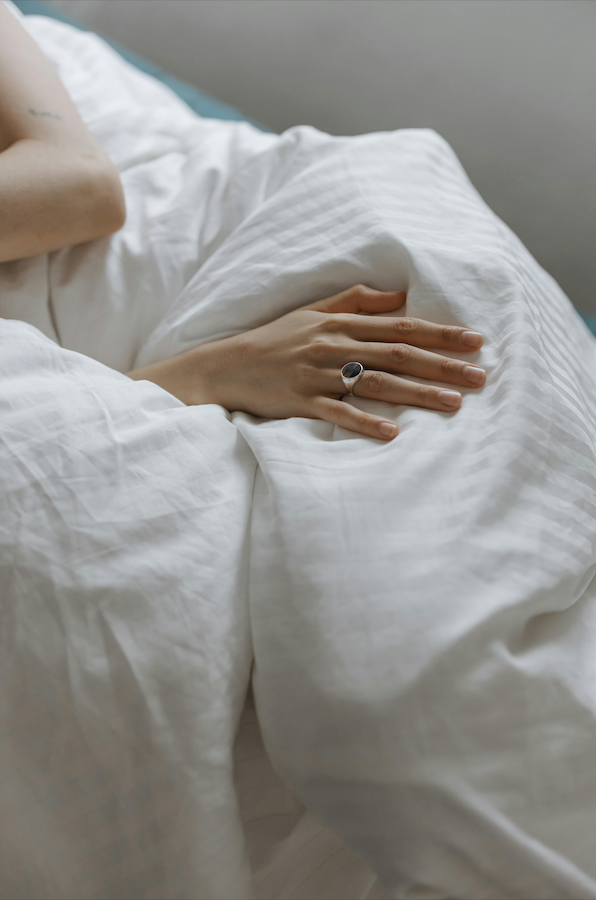In our lives, sleep represents a third of the time of our existence. This irrepressible need to sleep is one of our vital needs, to continue leading a healthy life both physically and mentally.
We can envisage an existence where sex life would be reduced, unsatisfactory or even non-existent, but it would be difficult or downright impossible to envisage an existence devoid of more or less regular sleep. To deprive yourself of it would even amount to torture which would lead to dementia.
We know that regenerating sleep is one of the synequanon conditions for good health. But what about its influence on our intimate life and our sexuality? What is the impact of sleep on life as a couple? On March 15, World Sleep Day, this is the question we asked ourselves in this blog article.





